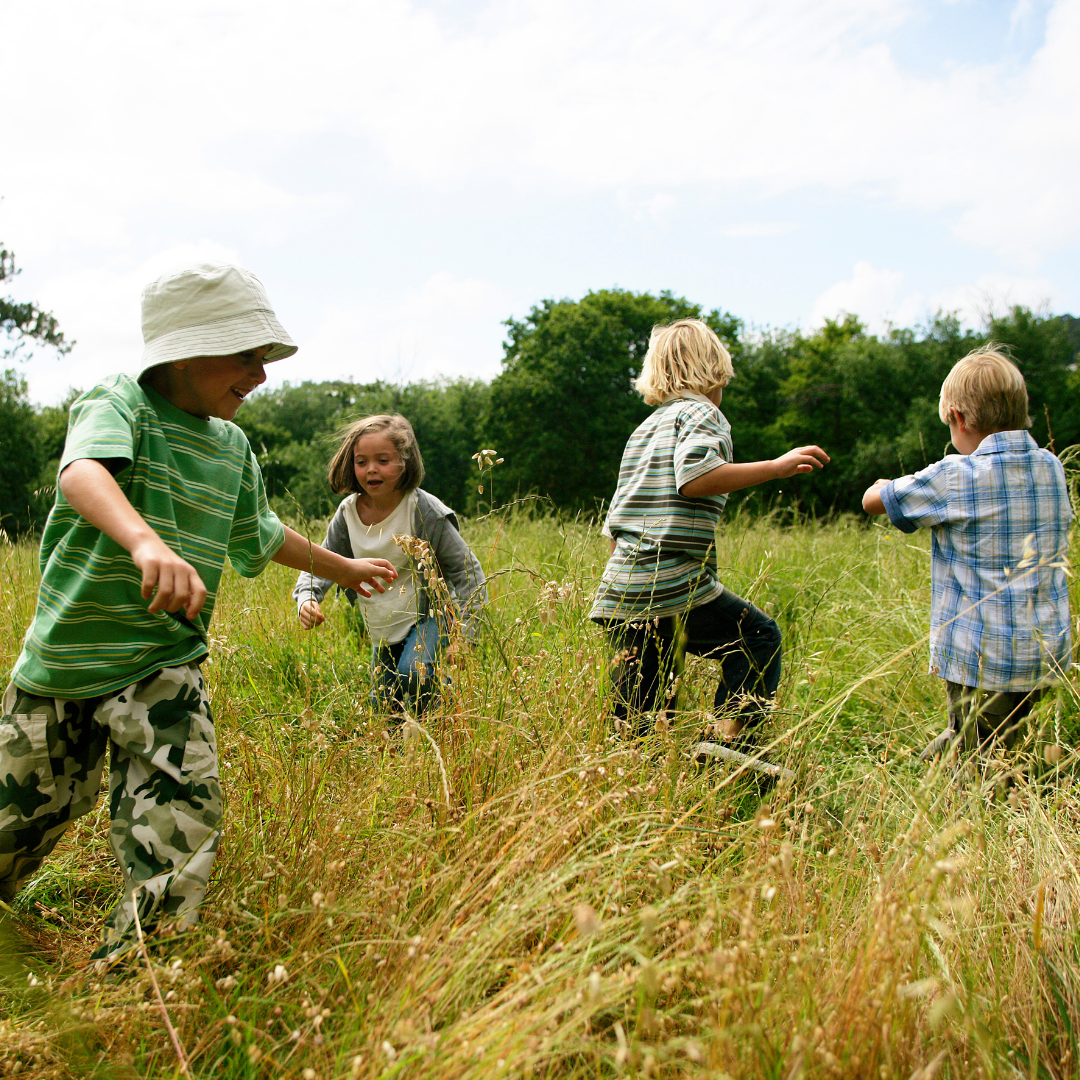As the height of flu season is upon us, it is important to be aware of the threat that poor air quality and pollutants pose to young children. Kids and young adolescents exposed to even small amounts of air pollution may suffer from higher rates of heart disease and other illnesses in adulthood. Whether it be emissions from car exhaust, wildfire smoke, or something else, it can impact a small child’s health for the rest of their life.

Not only can air toxins impact children’s health in adulthood, but it also makes them more susceptible to health issues in their childhood, namely respiratory diseases. A 2021 study finds that exposure to poor air quality and pollutants can alter a child’s health for the rest of their life. The study focuses primarily on cardiovascular and immune systems in young children.
Studies like these have shown pediatricians that poor air quality and exposure to pollutants can impact a child’s current and future health. Dr. Mary Prunicki, from Stanford’s Center for Allergy & Asthma Research, says:
“This is compelling enough for a pediatrician to say that we have evidence air pollution causes changes in the immune and cardiovascular system associated not only with asthma and respiratory diseases, as has been shown before. It looks like even brief air pollution exposure can actually change the regulation and expression of children’s genes and perhaps alter blood pressure, potentially laying the foundation for increased risk of disease later in life.”

What Health Issues Does Pollution Cause?
Unfortunately, each child will be impacted in their own way by poor air quality based on factors like length of exposure to pollutants and pre-existing risks. However, there are some common pediatric health issues associated with extended exposure to air pollution:
- Chronic respiratory issues (i.e., asthma, chronic obstructive pulmonary disease or “COPD”)
- Childhood obesity
- Abnormal lung development
- Abnormal neurodevelopment
- Increased cardiovascular disease risk
- Pediatric cancer
It is important to remember a few things when analyzing the issues pollution may cause children. The first, and arguably most important, is that children’s bodies are still developing. Younger immune systems are still growing and learning to fight diseases while adults have fully developed organs and protections in place.
The second most important thing to remember is that the air children breathe makes up a far greater percentage of their body weight than adults. This means that a breath of air has a disproportionate effect on a kid relative to an older adult. Thus, children are disproportionately impacted by high levels of air pollutants.

How Prevalent is Air Pollution Around Children?
In the United States, children’s exposure to air pollution is very high. The Environmental Protection Agency estimates that 67 million tons of emissions were released in the U.S. in 2021 alone. Not only is this an increase over the previous year, but increasing emissions have been a consistent trend across the country over the past few decades. In addition, emissions are forecasted to increase over time.
Unfortunately, this means that children are exposed to high levels of air pollution in most of the United States. While the federal government has developed benchmarks that set acceptable levels of pollution and air quality, about two-thirds of localities in the country have been able to exceed or reach these goals. The third that has not, though, consists of approximately 102,000,000 people, including many children.
The tough reality for a third of the country is that we will be living in and around elevated levels of air pollution. This then begs the question: What can you do to protect children from air pollution?
Ways to Protect Yourself and Your Kids
There is no sure way to protect children from the effects of air pollution. Car emissions, wildfires, and more sources of pollutants are here to stay in the United States and around the world. In effect, we will have to learn to live with some level of air pollution and use best practices to stay vigilant in the face of health concerns.

Some expert tips to help protect you and your kids from poor air quality and pollution include:
- Become familiar with Air Quality Index or other similar measures of daily air quality
- Familiarize yourself and your children with the areas near your home with highest levels of emissions
- Go outside before popular commuting and commercial hours to avoid highest levels of daily pollutions
- Be vigilant in changing air filters in your home
- If you are in a wildfire area, keep your windows and screens closed at all times
- Utilize your central cooling system
- Avoid exercising during high pollution times or near high pollution areas
Another easily attainable and valuable solution to protecting your child from air pollution is purchasing an air purifier. Air purifiers are very effective in removing particulate matter from the air in your home. Purifiers are affordable and now come with easy-to-use apps for smartphones.
For example, a WYND Max can purify the air in a 1,200 square feet space in only 30 minutes. In less than a half hour, you can make a massive difference in the quality of air you and your family breathe in. The WYND Max is Alexa-enabled and has a convenient smart phone application that lets you manage air quality in the palm of your hand.

You could be shocked at the improvement an air purifier makes to your family’s health. It will keep you and your children breathing air that you know is clean and safe, and it improves the chances of avoiding potentially life-altering chronic illnesses.
If you have any questions about the ways in which a WYND product could improve your family’s life, please reach out to the WYND team. We would be happy to help give you peace of mind when it comes to protecting your children from poor air quality.